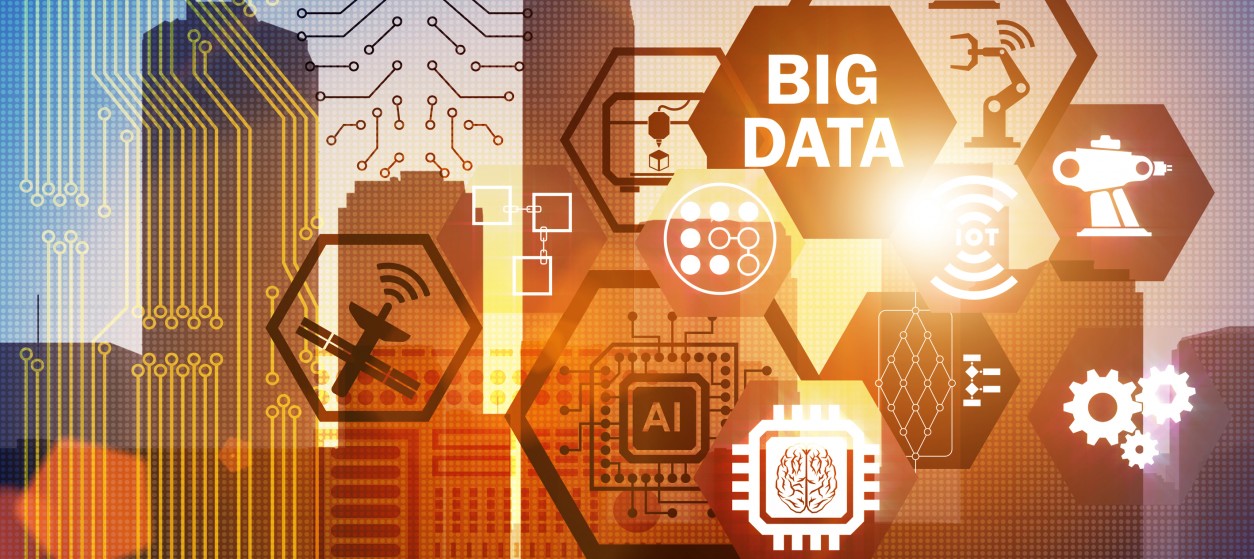Big Data and Artificial Intelligence (AI) are without doubt two of the most trending ICT topics of our era. Modern enterprises are increasingly becoming data-driven and use AI tools to solve problems and improve their business results. At the same time, consumers use a variety of Big Data and AI applications that boost their convenience and save time and costs. Research reports agree that AI applications are set to have a bright future and to experience explosive growth in the years to come. Nevertheless, the expanded use of BigData and AI comes with issues that could negatively affect our business and social lives. Recent incidents of unethical use of AI have highlighted these issues and confirmed they are for real. Therefore, it’s likely that we see a serious wave of skepticism over the large-scale use of AI.
BigData and AI Scepticism
BigData and AI skepticism have its roots in several ethical issues, including:
- Data Privacy Violations: The BigData revolution is grounded on our willingness to share our data with IT providers in exchange for convenience and speed. However, the data we share on the internet (e.g., social media platforms) permit giant companies to create a comprehensive profile about who we are, including psychographic characteristics and information about our beliefs. Despite privacy measures undertaken by IT providers, there is always a possibility for data breaches that would render this profiling available to third parties without the users’ consent. The most prominent example is the Cambridge Analytica case, the case of the company that took advantage of privacy leakage, in order to profile users. Accordingly, it provided users with targeted ads and posts that reinforced voters’ pollical beliefs and steered their votes in specific directions. Despite technical advances in cybersecurity and regulatory developments such as the General Data Protection Regulation (GDPR) in Europe and the California Consumer Protection Act (CCPA), the unethical use of personal data cannot be ruled out.
- AI bias: AI solutions suffer from data bias issues i.e. the discovery of spurious or irrelevant patterns on specific datasets, which can lead the AI systems to malfunctions like misclassifications. Biased operations can cause AI systems to fail, giving subjective or biased solutions to real problems. When feeding an AI system with biased data, it’s likely to get biased results as well. This ties the operation of AI systems to the mind and beliefs of the human, which compromises the ability of data-driven solutions to improve human perception. In such cases, AI cannot be used to solve Big Problems in a proper way.
- The Job Loss Problem: There are growing ethical concepts about AI’s impact on job loss. It is usually argued that some jobs will be lost, while others will be created, much in the same way it happens in all technological revolutions. Nevertheless, the AI revolution seems to be different: AI replaces not only laborious tasks but mentally challenging jobs as well. It could make redundant knowledge workers like lawyers, doctors, and scientists. Hence, the implications of AI on jobs can be much more disruptive than other innovations in the past and the consequences remain to be seen.
These are most points of criticism against Big Data and AI, but the above issues are probably the ones that are at the very top of the social and political agenda.
Guidelines and Opportunities in the Big Data Era
Fortunately, there are some actions to take in order to alleviate concerns about the use of AI for business and social improvement. The solutions lie not only in technology but also in our culture and stance against the wave of BigData and AI systems.
- Scrutinize Consumption on-line Information: It’s important to change our culture in terms of the way we consume on-line information. This can become our defense against fake news and attempts to manipulate our beliefs. In practical terms, this means reading information on social media with a critical eye. It also implies a need for undertaking your own research on several issues, rather than accepting the information that appears in your timeline.
- A shift from memorizing information to creativity: In the longer term there is a need to revise education policies, to make sure that future generations change their stance against how they consume information. Such policies should boost critical thinking and on-line research on news and debatable issues. More generally, there is a need for a shift from a knowledge economy to a creative economy, which will also shift people towards jobs that cannot be replaced by robots.
- Leveraging advances in trustful and explainable AI: In the short term, there will be a lack of humans’ trust on AI systems and the ways they operate. In most cases, AI systems (like deep neural networks) are black-boxes for human users, which does not help their acceptance by humans. Fortunately, there is a segment of AI research that aims at making AI results explainable and interpretable. Commonly called explainable AI (XAI), it will boost the transparency and ethical nature of AI systems in the coming years. Human users should leverage XAI in order to increase their feeling of safety and trust when relying on AI systems for problem-solving.
- Ethical AI as a business discipline: Businesses should embrace ethical AI as a core direction of their products and services. AI enables enterprises to increase automation, reduce operational costs, optimize managerial decisions and overall improve business results. However, in several cases these benefits won’t pay off unless they are able to keep their customers happy and engaged. In this direction, they could benefit from the integration of ethical AI technologies in their products. This can drive their profits, while also boosting their social responsibility.
Overall, BigData and AI technologies are evolving rapidly and destined to solve a variety of business and societal problems. However, they come with dangers as well, which ask for new technological solutions, but also for new ideas in policymaking in areas like education and social policies. Most importantly, there is a need for a cultural shift in the way humans use and trust these technologies for problem-solving.










